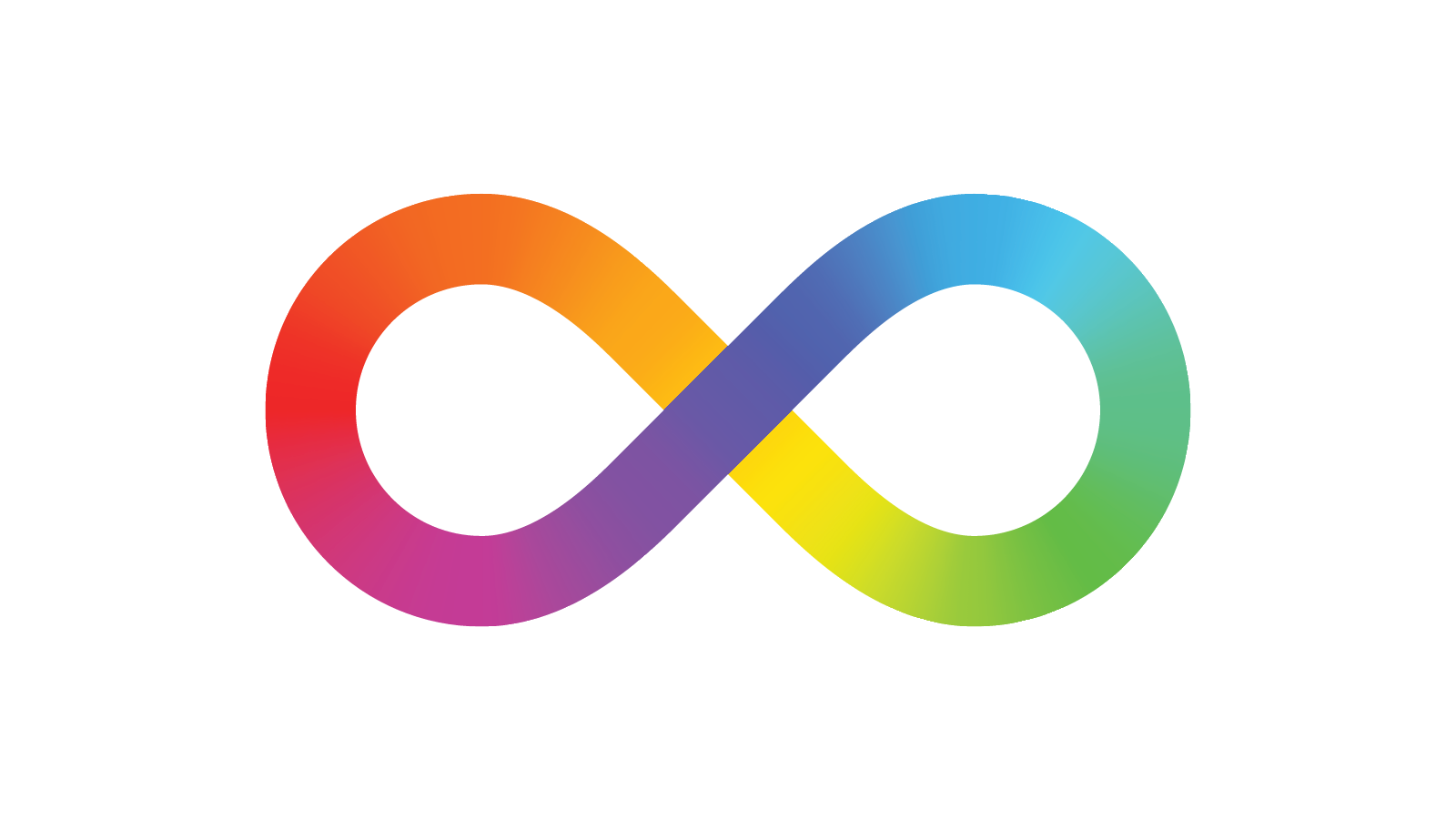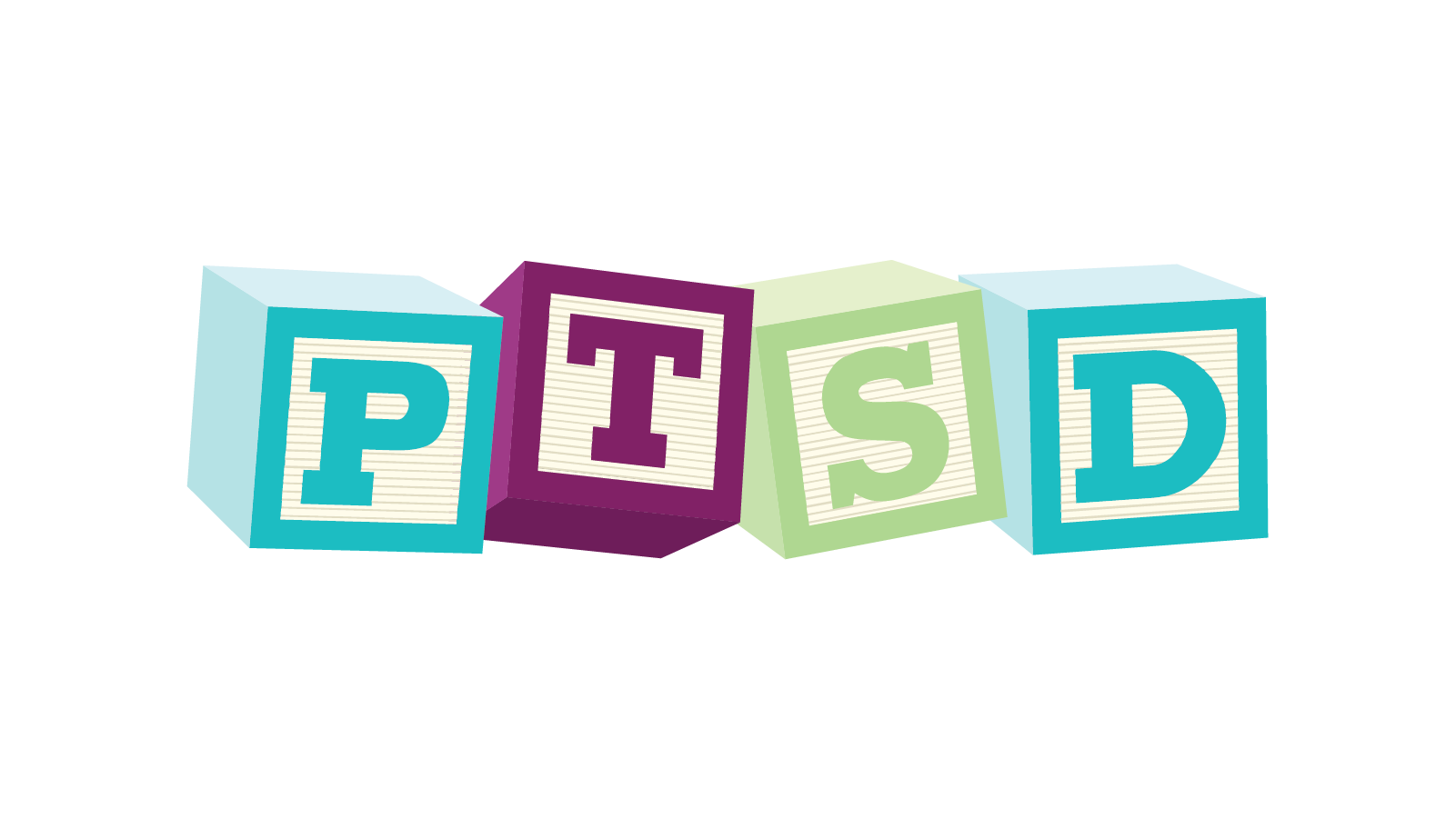What is Autism Acceptance?
Approximately 1 in 44 children in the U.S. is diagnosed with an autism spectrum disorder (ASD).

What’s the difference between ‘autism awareness’ and ‘autism acceptance’?
In a word, clarity! Awareness and acceptance are words that describe ways we see others and the world around us.
Autism awareness (seeing that something is happening) describes recognition that autism exists and can factor in our interactions with each other. Autism acceptance describes what happens when we see autistic people as they see themselves.
Awareness notices. Acceptance is a choice to move forward to improve education, accessibility, employment, and healthcare experiences for autistic people, sometimes referred to as neurodivergent. In simple terms laid out for young patients, the American Academy of Pediatrics (AAP) says neurodiversity describes “the idea that people experience and interact with the world in many ways.” Although 'neurodivergent' isn’t a medical term, condition, or diagnosis, it’s an important shift in how peers and clinicians view and address certain disabilities and neurological conditions. Some conditions commonly associated with neurodiversity include autism spectrum disorder (ASD), attention-deficit/hyperactivity disorder (ADHD), Tourette syndrome and obsessive-compulsive disorder (OCD).
What we’re learning about autism changes things—so does how we learn it.
Research continues to expand our knowledge of the human brain, and with it our descriptions and definitions continue to expand and change.
For instance, a 2022 UCLA Health-led study, published in the academic journal Nature, found that “brain changes in autism are comprehensive throughout the cerebral cortex rather than just particular areas thought to affect…functions such as reasoning, language, social cognition and mental flexibility.” By understanding how ASD progresses at a molecular level within the brain, scientists now have a “key starting point” in developing precise therapies.
However, insight into ASD cannot come solely from brain studies. Invaluable knowledge also emerges through learning from autistic people and how they experience the world. Thankfully, social media advocacy by – and for – autistic people flourishes for this reason. These voices help clear the way for autistic perspectives in, for example, professional fields where perception of “having autism” historically leads to shame, stigma and even potential abuses. Instead, neurodivergent professionals are charting a path for greater scientific research, like Dr. Natalie Engelbrecht RP ND, the autistic mental health professional and autism researcher behind Embrace Autism.
Here’s how she defines autism:
“A neurodevelopmental difference characterized by alternations in social functioning, hypersensitivity to stimuli, repetitive behaviors, and deep interests—often combined with advanced cognitive and perceptive abilities.”
Learning from autistic experience isn't just about making autistic people feel comfortable. In fact, listening to others and seeing them on their own terms can help us see, know, and accept ourselves better, too. Insights from lived experience can also help other autistic people make better sense of their daily lives.
Here’s how:
Your Healthcare Highways Health Plan may cover care coordination services to help qualified members. If you are a health plan member and would like to learn more about care coordination benefits, call us!
Our Customer Experience Advocates team will help you find out if you qualify for this no-cost personalized service and connect you with the care you need. Check your Healthcare Highways Health Plan ID card for your Customer Experience Advocate team's phone number, or reach out online. We'll take it from there!

Approximately 1 in 44 children in the U.S. is diagnosed with an autism spectrum disorder (ASD).

First things first:

The word ”aftermath” has nothing to do with math, and everything to do with harvesting hay. Here's the story: 600 years ago, Middle English-speaking...